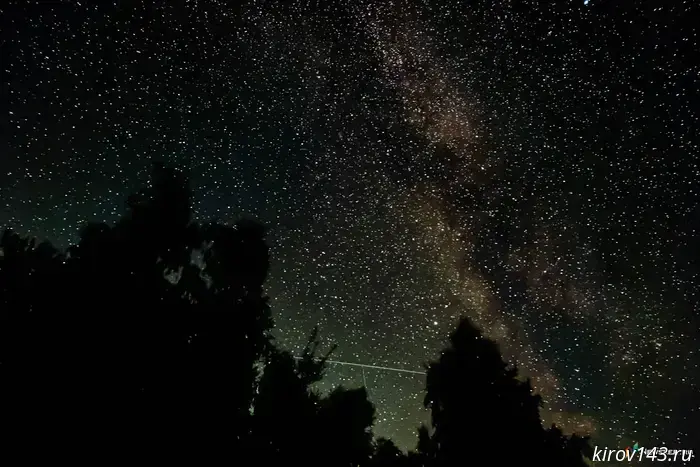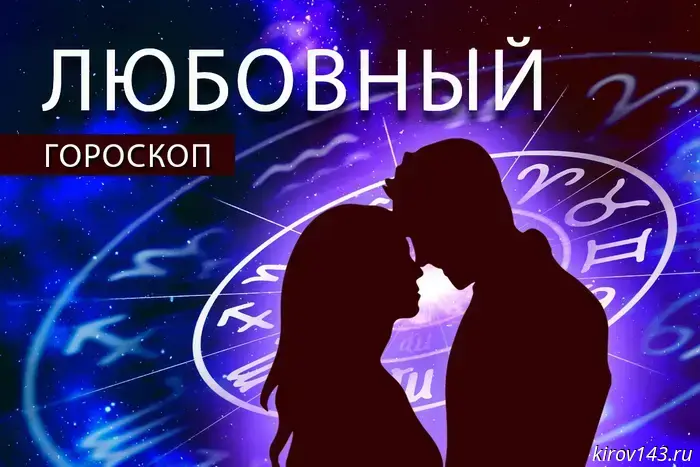
Scientists: A rare gravitational wave may be a signal from another universe
Unlike typical gravitational waves, which are recorded as a prolonged "chirp" when black holes merge in orbit, GW190521 lasted less than one-tenth of a second and was a sharp burst. It had previously been explained as the accidental gravitational capture of two black holes without prolonged orbital interaction.
This was reported by the New-Science portal, citing a new study by a group of physicists led by Qi Lai of the University of the Chinese Academy of Sciences, published in September 2025.
However, the new paper suggests that the signal could be an echo of a black hole merger in another universe. According to the hypothesis, the result of such a process was a wormhole that then collapsed, producing a short gravitational wave.
The authors note that the standard black hole merger model remains the primary explanation for the event, but their calculations show that the LIGO and Virgo data do not rule out the wormhole scenario.
Scientists believe that further observations, including an analysis of the recently recorded event GW231123, could help clarify the nature of such signals. If the wormhole hypothesis is confirmed, it would be the first potential evidence for the existence of such objects and would give physicists a new tool for studying the structure of the Universe.
Другие Новости Кирова (НЗК)
 Love horoscope: Libras should pay attention to their loved one, and Aquarians should be honest.
Astrologers reported how each zodiac sign's personal life will unfold this Wednesday.
Love horoscope: Libras should pay attention to their loved one, and Aquarians should be honest.
Astrologers reported how each zodiac sign's personal life will unfold this Wednesday.
 Federal authorities have taken on Kirov's public transportation system.
Experts from Moscow are collecting data to prepare a transport development program.
Federal authorities have taken on Kirov's public transportation system.
Experts from Moscow are collecting data to prepare a transport development program.
 Members of the State Duma proposed banning people from taking dogs into shops and schools.
The State Duma working group on improving legislation on the treatment of animals has prepared a bill that would prohibit bringing dogs into shops, foodservice establishments, pharmacies, medical and educational institutions, and cultural venues.
Members of the State Duma proposed banning people from taking dogs into shops and schools.
The State Duma working group on improving legislation on the treatment of animals has prepared a bill that would prohibit bringing dogs into shops, foodservice establishments, pharmacies, medical and educational institutions, and cultural venues.
 Kirov zoomers are back from vacation: they're looking for jobs paying 50,000 rubles, while in Moscow they ask for almost twice as much.
After the summer, young people are actively entering the labor market. In the Kirov Region, young people's salary expectations are the most modest — about 50,000 rubles, while in Moscow the median level approaches 100,000 rubles.
Kirov zoomers are back from vacation: they're looking for jobs paying 50,000 rubles, while in Moscow they ask for almost twice as much.
After the summer, young people are actively entering the labor market. In the Kirov Region, young people's salary expectations are the most modest — about 50,000 rubles, while in Moscow the median level approaches 100,000 rubles.
 "Unified Management Company" has gone bankrupt.
On September 22, the Arbitration Court announced the opening of bankruptcy proceedings against the Unified Management Company (UMC), which upon its establishment in July 2021 took over management of the residential housing stock it had inherited from its predecessors — the Leninsky District Management Company and the Leninskaya Management Company of Kirov.
"Unified Management Company" has gone bankrupt.
On September 22, the Arbitration Court announced the opening of bankruptcy proceedings against the Unified Management Company (UMC), which upon its establishment in July 2021 took over management of the residential housing stock it had inherited from its predecessors — the Leninsky District Management Company and the Leninskaya Management Company of Kirov.
 Penal colonies in Kirovo-Chepetsk have begun sewing 21,000 covers for snow tubes.
By the end of the year, inmates will produce more than 21,000 items under a contract worth 4 million rubles.
Penal colonies in Kirovo-Chepetsk have begun sewing 21,000 covers for snow tubes.
By the end of the year, inmates will produce more than 21,000 items under a contract worth 4 million rubles.
Scientists: A rare gravitational wave may be a signal from another universe
The unusual gravitational-wave signal GW190521, detected by the LIGO and Virgo observatories in 2019, may not have been simply the result of a black hole collision but rather the consequence of a wormhole collapse.
